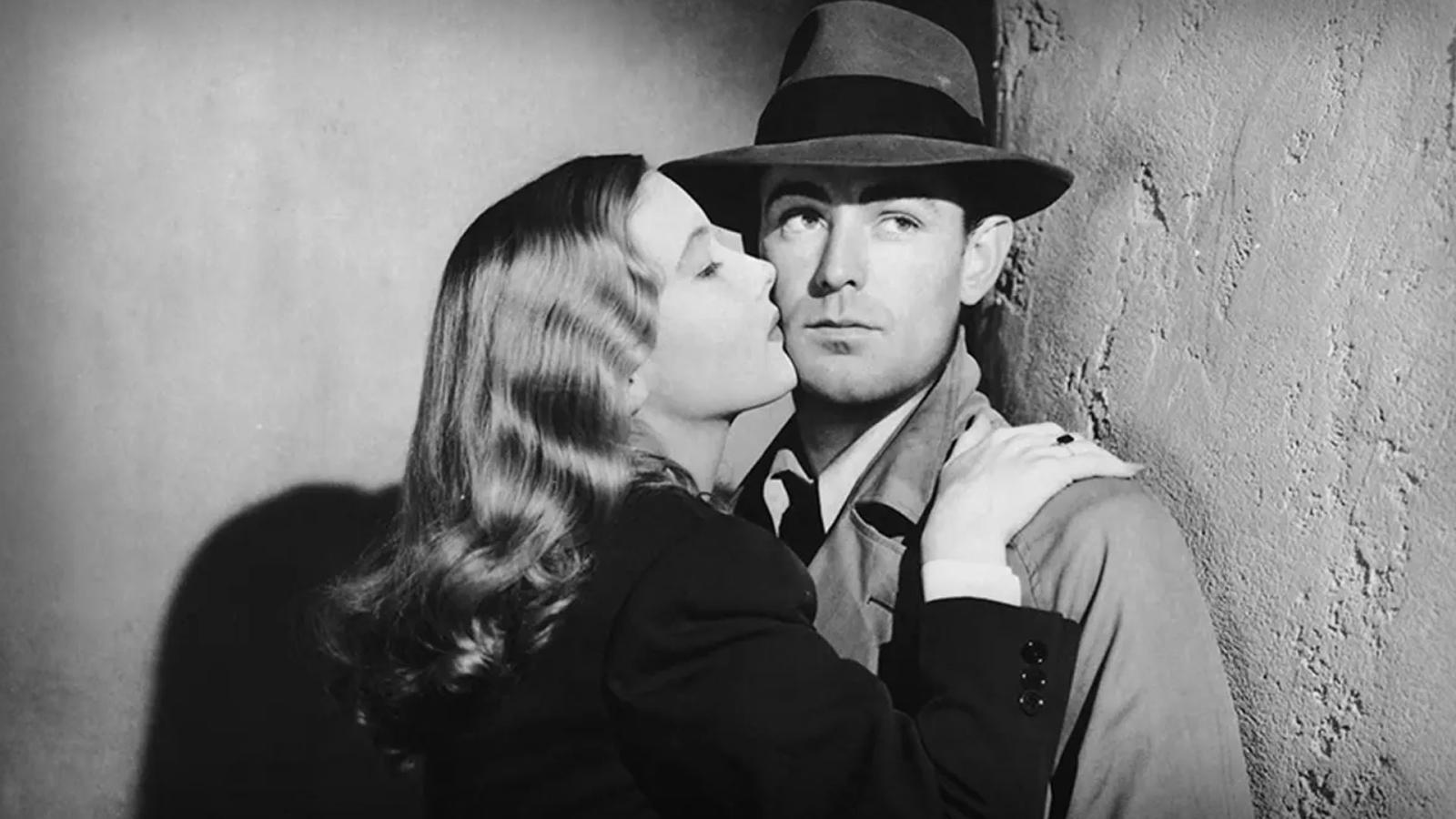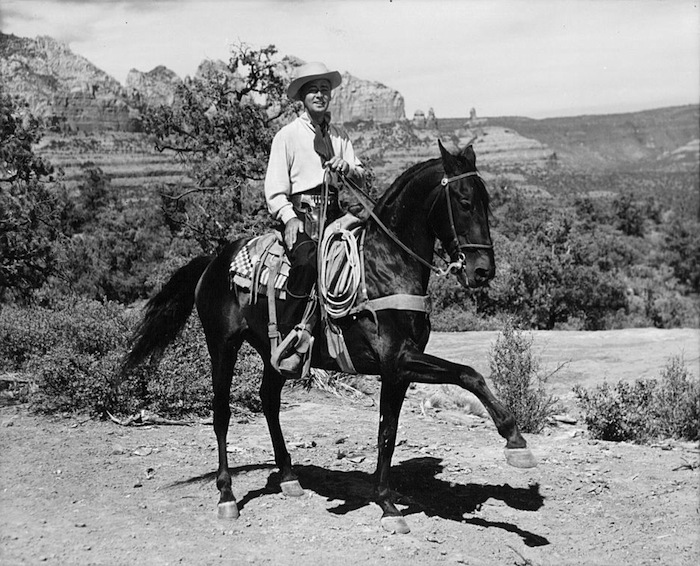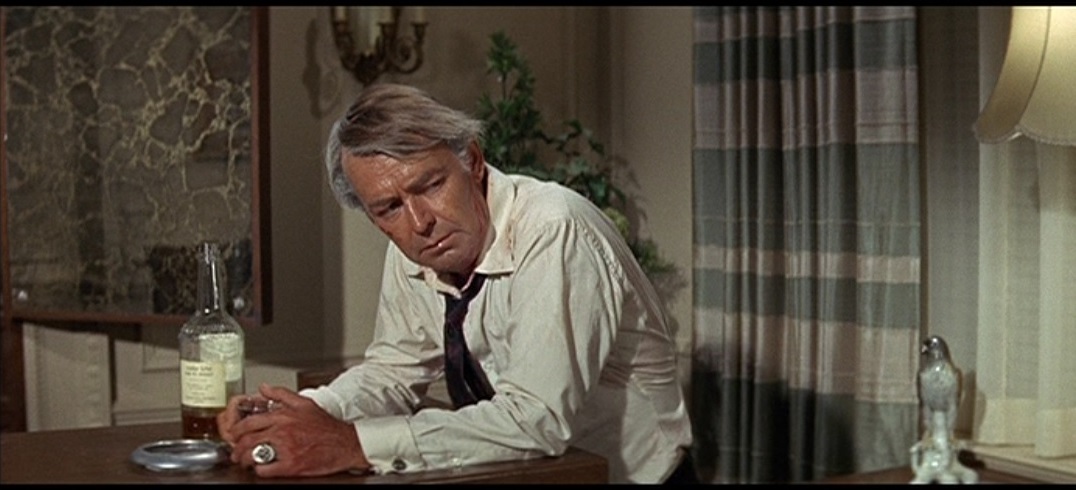Alan Ladd's Mysterious Death Still Doesn't Add Up

By 1954, Alan Ladd was Hollywood royalty. Star of Shane, cover boy for fan magazines, and one of the most popular actors on Earth.
But ten years later, he was dead at 50 — found alone in bed with a toxic cocktail of alcohol and sedatives in his system. Official cause: cerebral edema. Official ruling: accidental death. But almost no one believed that.
This was a man whose life never added up — not even at the end.
The Fall
In November 1962, just two years before his death, Ladd was rushed to the hospital with a gunshot wound to the chest. He said he heard a prowler, grabbed his gun, and tripped. But the angle of the shot — downward, between the ribs — didn't match that story.
The press printed the "accident" version. Hollywood insiders whispered the obvious: it was a suicide attempt.
He survived, barely. But it shattered what was left of his image. Once a soft-spoken hero on screen, Ladd was now a broken man off it — visibly bloated, drinking heavily, and tormented by the fear that the industry had passed him by.
A Life of Pain

Ladd's life was shaped by trauma from the start. His father died when he was four. His mother drank heavily and eventually took her own life — right in front of him — by drinking poison in the backseat of his car. That moment haunted him forever.
Despite years of rejection (Universal once dropped him for being "too short and too blonde"), he broke through in This Gun for Hire (1942) and reinvented the noir archetype: silent, deadly, emotionally wrecked. His chemistry with Veronica Lake turned them into box office dynamite.
By 1953, Shane had made him a legend. It grossed $20 million, scored six Oscar nominations, and gave us one of the most iconic endings in film history. That same year, Photoplay named him the most popular male movie star in the world.
And Then It All Unraveled
Behind the scenes, Ladd was spiraling. He passed on key roles — Giant, The Sons of Katie Elder — and regretted it. He drank more. He couldn't sleep. He relied on pills to function. And as the scripts dried up, so did his stability.

He tried to reclaim control by starting Jaguar Productions in 1954. The films did okay financially — making $3–4 million on $1 million budgets — but nothing matched his past success. He kept producing, kept performing, but the magic was gone.
Ladd once called himself "the most insecure, frightened, and guilt-ridden superstar in Hollywood." Loretta Young, who co-starred with him, said she never saw him laugh.
The End
On January 29, 1964, Ladd's butler found him dead at 3:30 p.m. He'd been resting in bed. The autopsy showed he had a mix of alcohol, barbiturates, and tranquilizers in his system. Not enough of any one substance to kill him outright — but together, they stopped his heart.
The coroner called it an accident. Most people didn't buy it.

Just weeks later, Ladd's final film — The Carpetbaggers — hit theaters. He played Nevada Smith, a washed-up cowboy clinging to relevance. It earned over $28 million and became the fourth highest-grossing film of the year. Critics praised his performance as "haunting" and "real."